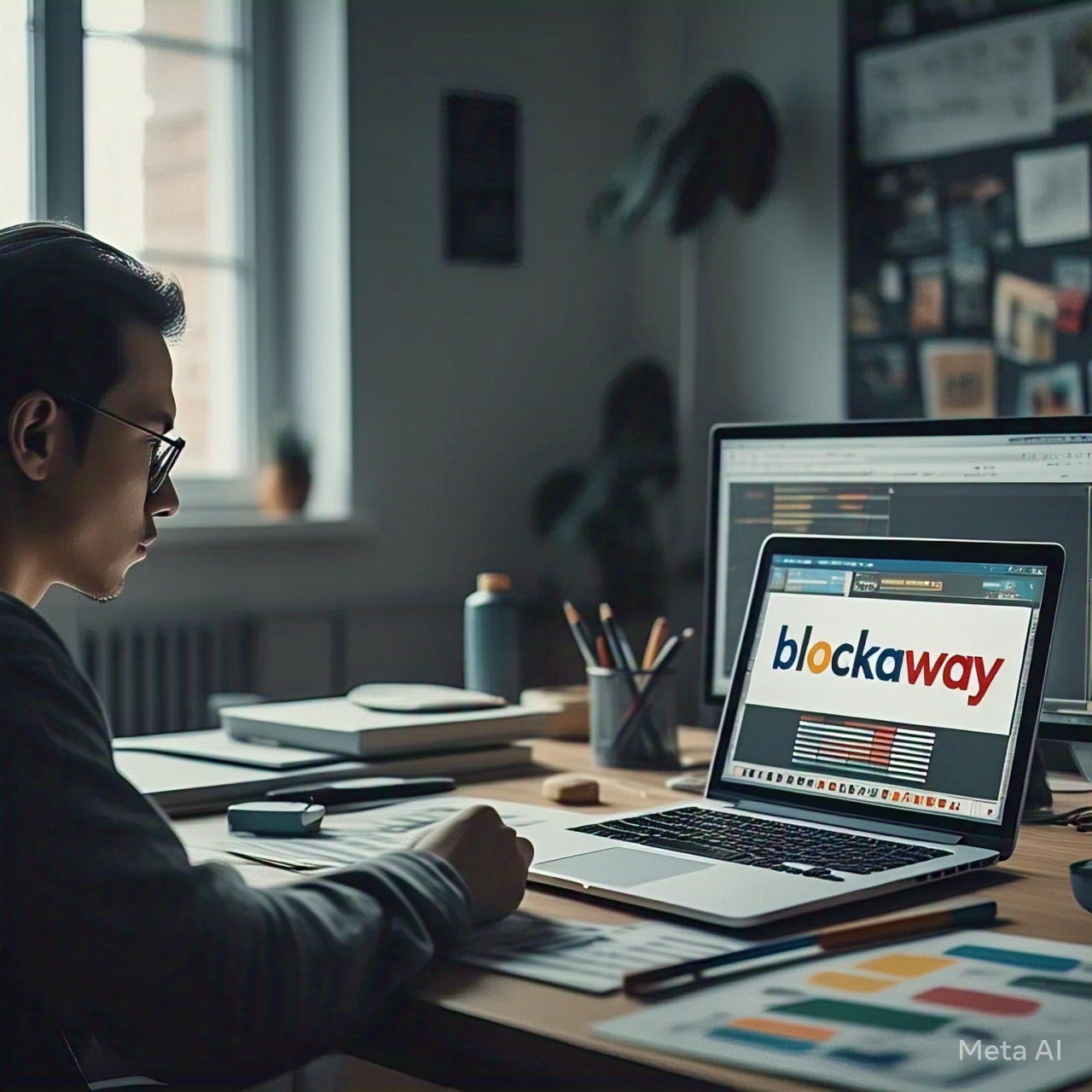BlockAway Proxy Free And The Best Choice in 2025

BlockAway Proxy Free And The Best Choice in 2025
Introduction to BlockAway Proxy
BlockAway Proxy is a web-based proxy service designed to provide users with unrestricted access to the internet bypassing regional, governmental, or institutional restrictions. It is primarily used for unblocking websites that are otherwise inaccessible due to network restrictions imposed by schools, workplaces, or governments. Unlike full-fledged VPN services that encrypt entire internet connections, BlockAway functions as a web proxy, providing an intermediary between the user’s browser and the destination website.
History of BlockAway Proxy
BlockAway VPN was developed in response to increasing internet censorship and growing concerns over online privacy. As governments and organizations began imposing stricter controls on web access, users sought out alternative methods to bypass these restrictions. BlockAway emerged as a lightweight, browser-based proxy solution designed to provide quick and easy access to blocked content.
Initially launched as a simple proxy service, BlockAway quickly gained popularity among students, employees, and users in regions with strict internet regulations. Its accessibility, requiring no software installation, made it an attractive choice for individuals who needed immediate and hassle-free access to restricted sites.
BlockAway VPN expanded its functionality:
Over time, BlockAway VPN expanded its functionality, incorporating additional server locations and optimizing its speed and reliability. Despite its growth, it has remained a free service, making it a preferred choice for users looking for cost-effective solutions to bypass online restrictions.
However, as internet regulations evolved, many organizations and ISPs began implementing more sophisticated blocking techniques, reducing the effectiveness of basic web proxies like BlockAway. This led to a rise in demand for full-fledged VPN services that offer stronger encryption and more robust security features. While BlockAway continues to serve as a convenient proxy solution, it is now primarily used for quick and temporary access rather than long-term privacy protection.
How to Use BlockAway VPN
Since BlockAway VPN is a browser-based proxy service, there is no need for installation. Instead, follow these steps to access blocked websites:
- Visit the BlockAway VPN Website
Open your web browser and navigate to the official BlockAway VPN website. - Enter the URL of the Blocked Website
In the provided search or address bar, type the web address of the website you want to access. - Select Proxy Server (Optional)
Some proxy services, including BlockAway, allow users to choose different server locations. If available, select the desired region for better access. - Click on ‘Go’ or ‘Unblock’
After entering the URL, click the provided button to start browsing the blocked website through the proxy service. - Browse Anonymously
The website will open within the BlockAway interface, allowing you to access content that was previously restricted.
Features of BlockAway VPN
-
Bypassing Internet Restrictions
BlockAway VPN allows users to access restricted websites by acting as a middleman between their device and the internet. This helps users bypass firewalls, geo-blocks, and other restrictions imposed by internet service providers (ISPs) or administrators.
-
Online Anonymity
Using a web proxy like BlockAway VPN can help maintain privacy by masking the user’s real IP address. While not as secure as a traditional VPN, it does provide a basic level of anonymity by routing web traffic through different proxy servers.
- Ease of Use
One of BlockAway’s main selling points is its simplicity. Unlike conventional VPNs that require software installation and configuration, BlockAway operates directly through a web browser. Users only need to visit the service’s website, enter the URL of the blocked website, and start browsing.
-
No Installation Required
Because BlockAway operates as a browser-based service, there is no need for additional software installation. This makes it an attractive option for users who need quick access to restricted content on public or shared computers where software installations might be restricted.
-
Compatibility with Various Websites
BlockAway is designed to work seamlessly with multiple types of websites, including social media platforms, news portals, streaming services, and more. This makes it a versatile solution for users looking to access blocked content.
-
Free Service
BlockAway VPN is available as a free service, making it accessible to users who may not want to invest in a premium VPN. However, free proxy services typically come with certain limitations, such as slower browsing speeds, ads, and limited server locations.
Limitations of BlockAway VPN
Despite its benefits, BlockAway VPN has several drawbacks when compared to traditional VPN services:
- Limited Security: Unlike VPNs, which encrypt all internet traffic, BlockAway only routes specific website traffic through a proxy. This means other online activities, such as file downloads or emails, remain exposed.
- Slower Speeds: Proxy services often experience slower speeds due to high traffic loads and limited server resources.
- No Encryption: While VPNs use strong encryption protocols to protect user data, web proxies like BlockAway offer little to no encryption, making them less secure.
- Potential Privacy Concerns: Some free proxy services log user activity, which can be a concern for users who prioritize privacy.
Alternatives to BlockAway VPN
For users looking for more robust security and performance, there are several alternatives to BlockAway, including:
- NordVPN: Offers high-speed servers, strong encryption, and a strict no-logs policy.
- ExpressVPN: Known for its fast connection speeds and extensive global server network.
- ProtonVPN: Provides a free VPN tier with strong privacy protections.
- Windscribe: Offers both free and paid plans with secure encryption and ad-blocking features.